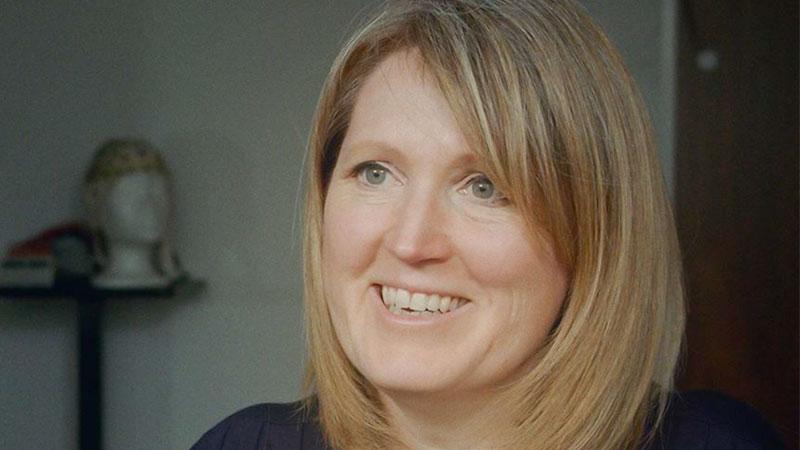Professor Catherine Loveday, Professor of Neuropsychology at the University of Westminster, has spoken to inews about why people forget and even fabricate childhood memories.

In the article Professor Loveday highlights that people rarely can remember events before the age of two.
She says: “Some people feel very strongly that they do remember earlier than that, but most memory before that age is a period of what we call infantile amnesia. Even after that, when you ask people the age of their first memory, it varies a lot. Some people might not have their first memories that they can describe and explain until they’re maybe five or so – it varies hugely.”
The article goes on to explain why this may be, exploring how a lack of neurodevelopment, experiences of trauma and a lack of conversations about past events within families can all play a part.
She says: “Children will remember what they’ve done that day, but it’s harder to make those memories permanent, to feed them into long-term memory that they can access many years later. The capacity to do that grows in line with those brain structures developing. To some extent, it’s that the brain hasn’t reached the level of maturity to make those memories into long-term storage.”
Not only do people lose memories from their childhood, the article also explores how they can recall memories incorrectly. One way this happens is when people look at photos from their past and confuse the reality of the memory with the perspective of the image.
Read the full article on the inews website.
Find out about Psychology courses at the University of Westminster.


